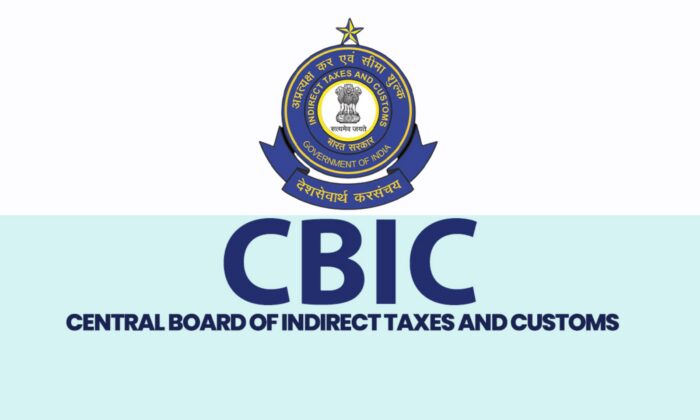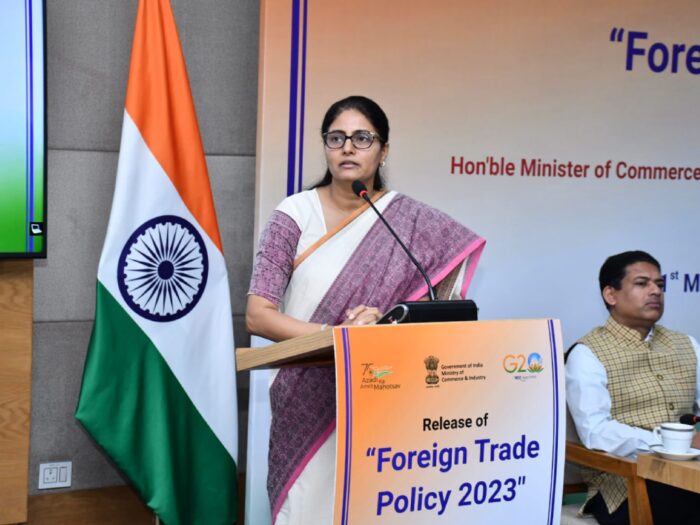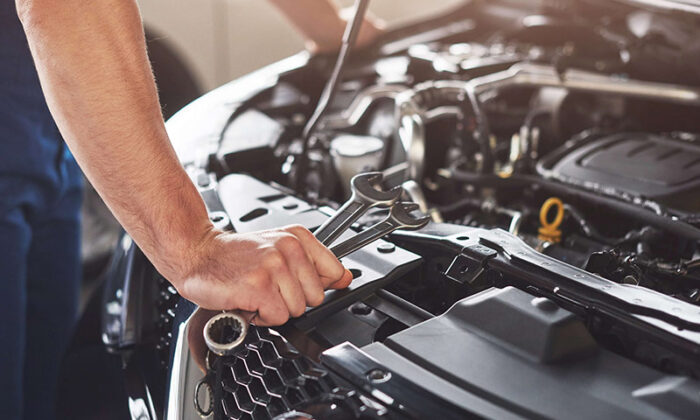
Importing foreign cars to India can be a thrilling prospect for imported car lovers or individuals seeking unique vehicles. However, it’s crucial to understand the duties, rules, procedures and insurance considerations involved in the process. Get an overview with general insurance providers of what you need to know when importing foreign cars in India, with a specific focus on car insurance in India.
Things to know before importing foreign cars to India
Before importing foreign cars to India it is essential to know a few things which are mentioned below:

-
Research import regulations
It’s crucial to research and understand the import regulations set by the Government of India. The Central Board of Indirect Taxes and Customs (CBIC) governs the process before importing a foreign car to India, and it’s essential to comply with the rules and procedures outlined by them. Familiarise yourself with the eligibility criteria, documentation requirements and any specific regulations related to the origin of the vehicle in India.
-
Calculate import duties and taxes
Importing a foreign car to India involves paying import duties and taxes. The duties and taxes are calculated based on various factors, including the car’s value, engine capacity, manufacturing year and applicable customs regulations. It’s recommended to consult with a customs agent to determine the exact duties and taxes you will be required to pay. Proper calculation of these expenses will help you plan your budget and financing options accordingly.
-
Obtain necessary permissions and clearance
You need to obtain several permissions and clearances from the relevant authorities to import a foreign car to India. These may include an Import Export Code (IEC) from the Directorate General of Foreign Trade (DGFT) and clearance from the Central Motor Vehicles Rules (CMVR) for compliance with Indian vehicle standards. Additionally, you may need to register the imported vehicle with the local Regional Transport Office (RTO) and obtain a new Registration Certificate (RC) for the vehicle.

-
Consider car insurance requirements
It is compulsory to have four-wheeler insurance coverage in India and it’s important to ensure that your imported vehicle is adequately insured. Car insurance is an important aspect to consider when importing a foreign car to India. Contact your car insurance provider and discuss your specific requirements. They will guide you through the process of obtaining new car insurance coverage and provide information on the documents and information required for insuring an imported vehicle.
-
Evaluate insurance coverage options
There are a few factors to consider while insuring an imported vehicle in India:
- Comprehensive car insurance is highly recommended for imported vehicles. It provides coverage for damages to your vehicle resulting from accidents, theft, natural calamities and third-party liability.
- When insuring an imported car, an independent valuation report is required to determine the vehicle’s current market value. Ensure that you have all the necessary documentation, such as the bill of entry, customs duty receipt and RC to facilitate the insurance process.
-
Importing Classic and Vintage Cars
Importing classic and vintage cars is a passion for many enthusiasts. However, there are specific rules and regulations governing the import of these unique vehicles. Understanding how to navigate these requirements is crucial for a smooth import process.

-
Navigating Environmental Regulations
India has stringent emissions and pollution control regulations. Foreign cars need to adhere to these rules before being allowed on Indian roads. Learn about the Environmental Pollution Control Authority (EPCA) and their guidelines for foreign car imports.
-
Importance of Vehicle Inspection
Before importing a foreign car, it is essential to have the vehicle inspected thoroughly. An inspection helps in identifying any modifications or adaptations required to meet Indian standards. Learn about the authorized inspection centers and the specific standards they check.
-
Post-Import Modifications
Depending on the make and model of the foreign car, certain modifications may be necessary to make it roadworthy in India. Understand what these modifications entail and how they impact the overall cost of importing the vehicle.
-
Homologation and Compliance
Homologation is the process of adapting a foreign car to comply with Indian regulations. Learn about the role of the Automotive Research Association of India (ARAI) in the homologation process and how compliance is achieved.
-
Dealing with Spare Parts and Maintenance
Foreign cars often require specific spare parts and maintenance. Explore the availability of spare parts, authorized service centers, and the importance of maintaining your vehicle to keep it in peak condition.

Factors can affect the process of importing foreign cars to India
In addition to the common factors that affect importing foreign cars to India, there are some rare and unique considerations that can make the process even more complex. Here are some rare points to be aware of
Currency Exchange Rates: Fluctuations in currency exchange rates can impact the overall cost of importing a foreign car. A sudden depreciation of the Indian Rupee against the currency of the car’s country of origin can lead to higher costs.
Age of the Vehicle: The age of the imported vehicle can also impact the import process. India has restrictions on importing cars that are too old, usually above three years from the date of manufacture. Understanding these limitations is crucial as it can limit the choice of vehicles available for import.
Cultural Significance: Vehicles with cultural, historical, or symbolic significance may require additional documentation or approvals to import. These rare cars might have unique importance beyond their utilitarian function.
Diplomatic Imports: If the vehicle is being imported for diplomatic use, it may be subject to different regulations and procedures. Understanding the diplomatic import process is crucial in such cases.
Rarity of Certain Brands: Importing cars from less common or niche brands can result in challenges such as limited access to service centers, difficulty in sourcing parts, and potential delays in repairs and maintenance.

The final note
Understanding the duties, rules, procedures and insurance requirements is involved in the process before buying an imported car in India. When it comes to car insurance, ensure that your imported car is adequately insured and consider comprehensive coverage options with a general insurance for safety and financial security purposes. Navigate yourself through the smooth process and enjoy your imported vehicle with kotak car insurance on Indian roads.











